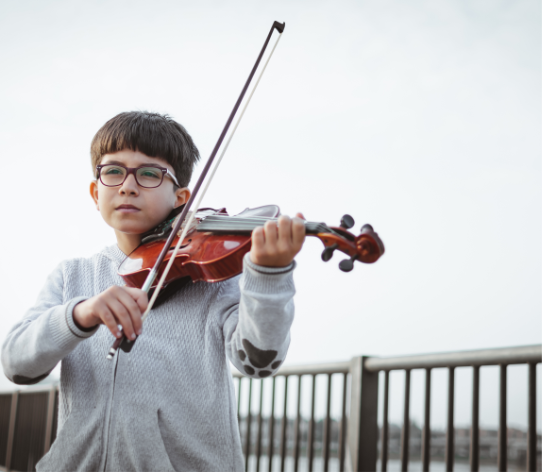
IS THERE A WAY MUSIC HELP OUR BRAINS DEVELOP BETTER & FASTER?
Guiding children towards more deliberate and active music training that engages the brain and all of its neural connections is highly beneficial. Children should hopefully be able to not only comprehend the musical elements, but also uncover cognitive meaning and the memory aspects of the song in order to stimulate all of the parts of their brain.
Music is a universal human emotion. That is the reason that a Korean Pop song breaks the Youtube view counter. We all relate to certain vibrations. Our brains, are collectively tied to our likes & dislikes in what kind of music we like, and what sort of voice we all respond to positively. This is why we have global music artists, because music literally is universal.
Guiding children towards more deliberate and active participation in Music or Music Training engages the brain and all of its neural connections is highly beneficial. Children should hopefully be able to not only comprehend the musical elements, but also uncover cognitive meaning and the memory aspects of the song in order to stimulate all of the parts of the brain mentioned in the previous section
Music listening is, of course, closely related to brain function. Auditory stimulation through simple activities can enhance attention in children, exercise the brain, and create a flexible and responsive brain. Auditory discrimination exercises work the child’s ability to hear differences in sound in order to organise and make sense of sound. These exercises provide focal points for children’s active listening and response, working local listening.
Although these exercises were developed for children with special needs, they are highly applicable in developing crucial musical listening skills and for helping children recognised categories of music, instruments, and timbre of sounds. And your ward’s brain is still developing to form that area of their brains. Which is why, from Unicef to Spardha School of Music, we all agree to the positive impact of music vibrations on a forming mind. This is a subject to numerous research papers, and a widely accepted scientific consensus.
